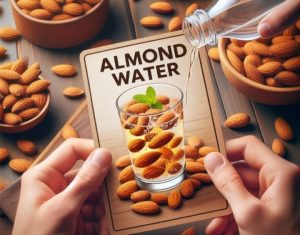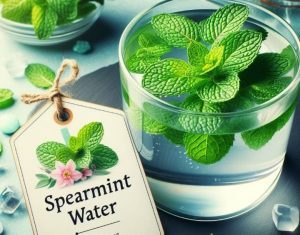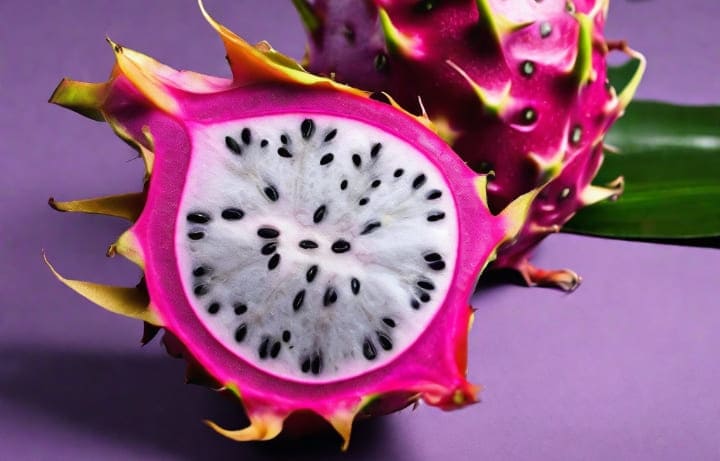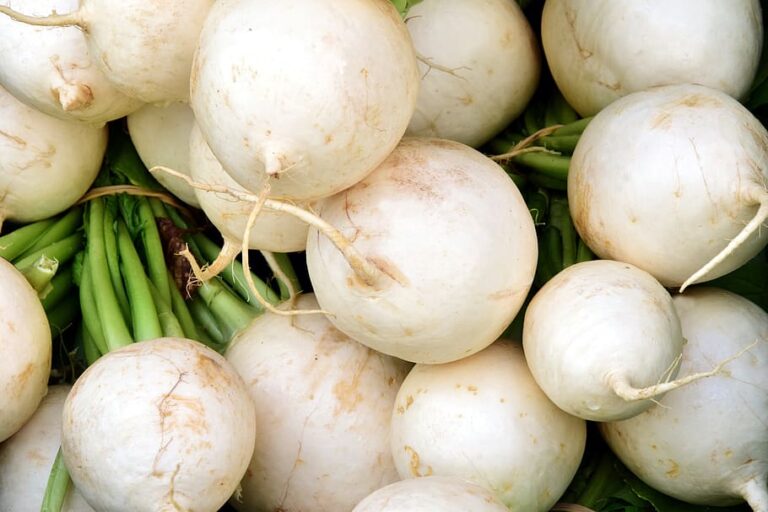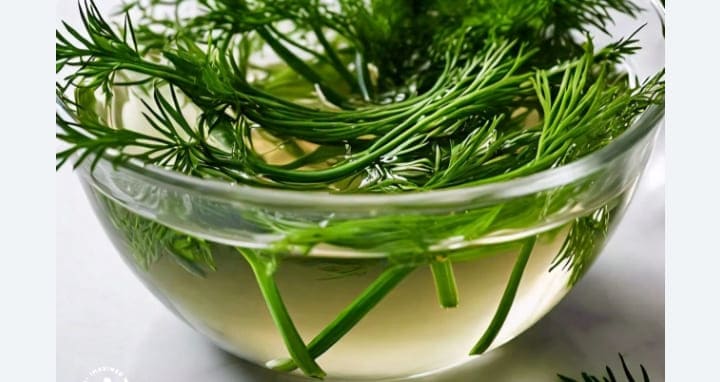
In this article, we will explore the benefits of honey bush tea, discuss its nutritional facts, and tell you how to prepare this beverage that is rich with many health benefits.
Nutritional fact of Honeybush Tea
Honeybush tea is a naturally caffeine-free herbal infusion with potential health benefits due to its rich antioxidant content and other properties1. Here are some nutritional facts about honeybush tea:
- Calories: Honeybush tea is calorie-free 1.
- Fat: Honeybush tea contains 0 grams of fat 1.
- Protein: The protein content of honeybush tea is not specified in the search results.
- Carbohydrates: The carbohydrate content of honeybush tea is not specified in the search results.
- Antioxidants: Honeybush tea is rich in antioxidants, which can help protect cells from damage caused by free radicals.
- Caffeine: Honeybush tea is naturally caffeine-free 5.
Keep in mind that the nutritional content of honeybush tea may vary depending on the brand and preparation method. Always consult a healthcare professional before using honeybush tea as a treatment for any medical condition.
Don’t Miss:
- Benefits of Honey Over Sugar
- Health Benefits Of Yemeni Honey
- Health Benefits of Honey Chai Turmeric Tea
- Benefits of Honey While Sick
- Benefits Of Honey and Himalayan Salt
- The Benefits of Honey for Women’s Weight Loss
- Benefits of Taking Honey Before Running
- Benefits of Honey During a Cold and How to Maximize Their Effectiveness
Honeybush Tea: Health Benefits
Honeybush tea, a herbal infusion brewed from the leaves of the Cyclopia intermedia shrub native to South Africa, has gained popularity worldwide for its delightful taste and potential health benefits.
Beyond its honey-like aroma and subtle sweetness, this caffeine-free beverage boasts a rich content of polyphenols, natural antioxidants with a range of potential health-promoting properties.
Let’s delve deeper into the science behind 10 potential health benefits of honeybush tea, exploring the compounds responsible and how you can maximize these benefits while incorporating this delightful beverage into your daily routine.
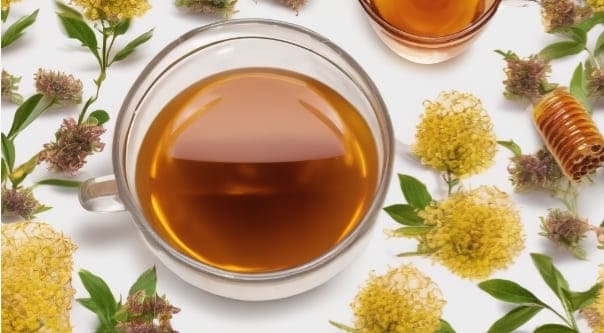
1. Potential Anti-Inflammatory Properties
Chronic inflammation is linked to various health concerns, and honeybush tea may offer some relief.
Studies suggest it contains bioactive compounds, including flavonoids like luteolin and quercetin, which exhibit anti-inflammatory properties.
These compounds may help reduce the activity of inflammatory enzymes and signaling pathways in the body, potentially alleviating symptoms associated with inflammatory conditions like arthritis, asthma, and inflammatory bowel disease.
Optimization Tip: To potentially enhance the anti-inflammatory benefits of honeybush tea, consider pairing it with other anti-inflammatory dietary components.
Including omega-3 fatty acids from fatty fish or flaxseeds, fruits rich in anthocyanins like berries, and vegetables high in antioxidants like broccoli may create a synergistic effect for better inflammation management.
2. May Support Blood Sugar Management
Honeybush tea’s potential benefits for blood sugar control are a topic of ongoing research.
Some studies suggest that specific polyphenols in honeybush, particularly flavanols, may improve insulin sensitivity and help regulate blood sugar levels.
These flavanols may work by mimicking the effects of insulin, promoting the uptake of glucose by cells and potentially reducing blood sugar spikes after meals.
Optimization Tip: While honeybush tea may offer some benefits, it’s crucial to maintain a healthy diet and regular exercise for optimal blood sugar management. If you have diabetes or prediabetes, consult your doctor for personalized dietary and medication recommendations.
3. Potential Digestive Aid
Honeybush tea traditionally has been used as a digestive aid to soothe stomach discomfort.
One of the unique components of honeybush tea is pinitol, a sugar alcohol. Pinitol has expectorant properties, meaning it helps loosen mucus and phlegm, potentially aiding digestion by promoting the secretion of saliva and mucus.
Additionally, honeybush tea’s potential anti-inflammatory properties might also contribute to digestive relief by reducing gut inflammation associated with conditions like irritable bowel syndrome.
Optimization Tip: For an extra digestive boost, consider pairing honeybush tea with other digestive aids like ginger or peppermint. Ginger has been shown to alleviate nausea and indigestion, while peppermint may help relax the smooth muscles of the digestive tract and ease discomfort.
4. Relaxation and Stress Relief
Honeybush tea has a long history of use as a calming beverage. Studies suggest that certain compounds in honeybush, including theaflavins (present in very small amounts compared to black tea) and its unique polyphenols, may have stress-reducing properties.
These compounds might interact with the body’s stress response system, potentially lowering levels of stress hormones like cortisol and promoting relaxation.
Optimization Tip: To maximize the potential stress-relieving benefits of honeybush tea, create a relaxing ritual around enjoying it. Sip your tea slowly in a quiet environment, focusing on your breath and allowing yourself to unwind.
You can also combine honeybush tea with practices like meditation or light yoga to create a comprehensive stress management approach.
5. Skin Health Benefits
Honeybush tea’s potential benefits extend beyond internal health, offering some promise for promoting healthy skin. Here’s a look at the science behind honeybush tea’s potential contributions to a radiant complexion:
- Antioxidant Powerhouse: Honeybush tea is rich in polyphenols, particularly flavonoids, which act as antioxidants. These antioxidants may help combat free radical damage in the skin, potentially reducing wrinkles, fine lines, and age spots.
- Potential Anti-Inflammatory Properties (as discussed earlier): As mentioned previously, honeybush tea exhibits anti-inflammatory properties. This can be beneficial for skin conditions like acne and eczema, where inflammation plays a role.
- Hydration Support: While not a substitute for adequate water intake, honeybush tea is a caffeine-free beverage that can contribute to overall hydration. Proper hydration is crucial for maintaining skin health and promoting a plump, youthful appearance.
Optimization Tip: To maximize the potential skin benefits of honeybush tea, consider a two-pronged approach: drinking the tea and using it topically. You can brew a stronger batch of honeybush tea and allow it to cool before applying it to your face with a cotton pad as a soothing toner. However, conduct a patch test on your inner arm before applying it to your face to check for any allergic reactions. Additionally, prioritize a healthy diet rich in fruits, vegetables, and whole grains to nourish your skin from within.
6. Potential Immune System Support
A healthy immune system is essential for fighting off infections and maintaining overall well-being. Honeybush tea’s rich content of antioxidants, particularly flavonoids and phenolic acids, might contribute to a well-functioning immune system.
These antioxidants can help reduce oxidative stress in the body, which can weaken the immune system’s ability to fight off pathogens.
Optimization Tip: To support your immune system holistically, consider incorporating other immune-boosting strategies alongside honeybush tea consumption. Prioritize a balanced diet rich in fruits, vegetables, and whole grains to provide essential vitamins and minerals. Additionally, ensure adequate sleep and manage stress levels, as both significantly impact immune function.
7. May Aid Bone Health
Early research suggests that honeybush tea might have some benefits for bone health.
Studies indicate that certain compounds in honeybush, including pinitol and phenolic acids, may influence bone metabolism and potentially contribute to stronger bones.
These compounds might help regulate bone formation and resorption processes, potentially reducing the risk of osteoporosis, particularly in postmenopausal women.
Optimization Tip: To support optimal bone health, combine honeybush tea with a diet rich in calcium and vitamin D, both crucial nutrients for bone health. Include calcium-rich foods like dairy products, leafy green vegetables, and fortified tofu in your diet. Additionally, consider getting adequate sun exposure (in moderation with sunscreen) or consult your doctor about vitamin D supplementation if needed.
8. Potential Source of Essential Minerals
While not a significant source of vitamins, honeybush tea offers trace amounts of essential minerals that contribute to various bodily functions. Here’s a closer look at some of the minerals found in honeybush tea:
- Manganese: Manganese is a trace mineral involved in various enzyme functions within the body, including metabolism, energy production, and antioxidant activity. Honeybush tea, particularly varieties made with sprouted whole wheat flour, may contain a small amount of manganese.
- Potassium: Potassium is a crucial electrolyte that helps regulate blood pressure, muscle function, and nerve transmission. Honeybush tea contains a small amount of potassium, which can contribute to your overall daily potassium intake.
- Magnesium: Magnesium plays a vital role in over 300 biochemical reactions in the body, including muscle function, blood sugar control, and nerve function. Honeybush tea offers a trace amount of magnesium, contributing to your daily intake.
9. Heart Health Benefits
Honeybush tea’s potential benefits for heart health are a subject of ongoing investigation. Early research suggests that certain compounds in honeybush, particularly flavonoids, might have some impact on heart health.
These flavonoids may help lower LDL (“bad”) cholesterol levels and potentially reduce blood pressure, both of which are risk factors for heart disease.
Optimization Tip: To maximize potential heart health benefits, prioritize a heart-healthy lifestyle alongside incorporating honeybush tea. This includes a balanced diet rich in fruits, vegetables, whole grains, and lean protein sources. Additionally, engage in regular physical activity, manage stress levels, and avoid smoking for optimal heart health.
10. Potential Benefits During Menopause
Some studies suggest that honeybush tea may offer relief from certain menopausal symptoms like hot flashes and night sweats.
One theory suggests that certain compounds in honeybush, particularly pinitol, might mimic the effects of estrogen, potentially alleviating these symptoms. However, more research is needed to confirm this mechanism.
Optimization Tip: If you’re experiencing menopausal symptoms, consult your doctor for a personalized treatment plan. Lifestyle modifications like stress management, regular exercise, and a healthy diet can also help alleviate menopausal symptoms. Honeybush tea can be incorporated as a complementary approach alongside these strategies, but it shouldn’t be considered a sole treatment option.
Honeybush tea offers a delightful and potentially beneficial addition to your daily wellness routine. Its rich content of polyphenols, particularly flavonoids, contributes to a range of potential health benefits, from potentially aiding digestion and boosting skin health to supporting the immune system and bone health.
How To Prepare Honeybush Tea
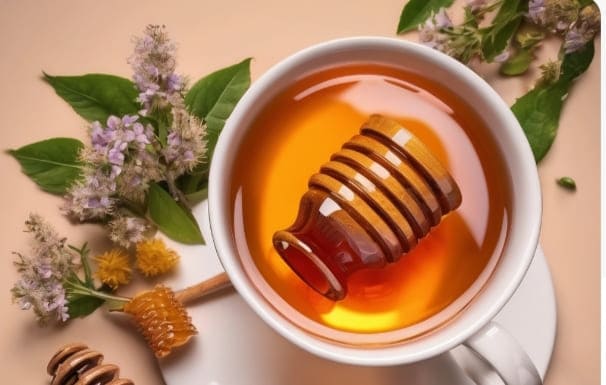
To prepare honeybush tea, follow these steps:
- Choose your preferred method: You can use loose tea leaves or tea bags. For loose tea, use 1 teaspoon of tea leaves for every 250ml (about 8 oz) of water. If using tea bags, one bag is sufficient for the same amount of water.
- Boil fresh water: Bring water to a boil in a kettle or saucepan.
- Steep the tea: Place the tea leaves or bag in a teapot or cup. Pour the boiling water over the tea and let it steep for 5 to 7 minutes, or longer if you prefer a stronger flavor1.
- Adjust the steeping time: If you’re using loose tea leaves, you can experiment with the steeping time to achieve your desired taste. Keep in mind that the longer you steep the tea, the stronger the flavor will be.
- Strain and serve: If using loose tea leaves, strain the tea into a cup or teapot using a fine-mesh strainer. For tea bags, simply remove the bag after steeping.
- Add sweeteners or other ingredients (optional): You can add honey, sugar, lemon, or milk to your honeybush tea if desired. However, it is best to enjoy the natural flavors of the tea first.
Honeybush tea is naturally caffeine-free, making it a suitable alternative for those looking to reduce their caffeine intake5. Enjoy your honeybush tea and experience its potential health benefits!
Also Checkout:
- Benefits of Honey for Diabetics Everyone Should Know
- Benefits of Honey for Stomach (Gut Health) and How to Maximize Their Effectiveness
- Benefits of Honey to the Brain
- Health Benefits of Adding Honey to Tea
- Health Benefits Of Honey For Kids
- Benefits of Honey Lavender Tea
- Benefits of Honey Mustard and Recipe
- Honey Sticks: Benefits, Types, Recipe and Uses
- Health Benefits of Honey Wheat Bread And Recipes
- Benefits of Honey Bath You Should Know About
- Benefits of Eating Honey During Pregnancy
Remember, while honeybush tea offer many health benefits it is not a magic bullet for any health condition. However, incorporating it alongside a balanced diet and healthy lifestyle practices might contribute to your overall well-being.














